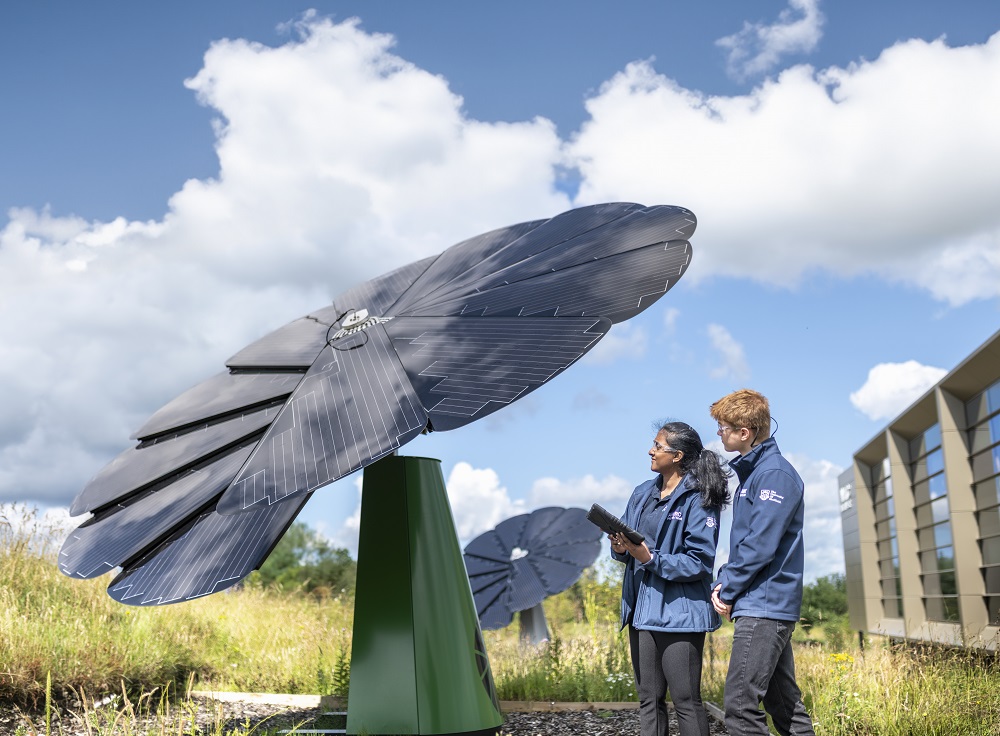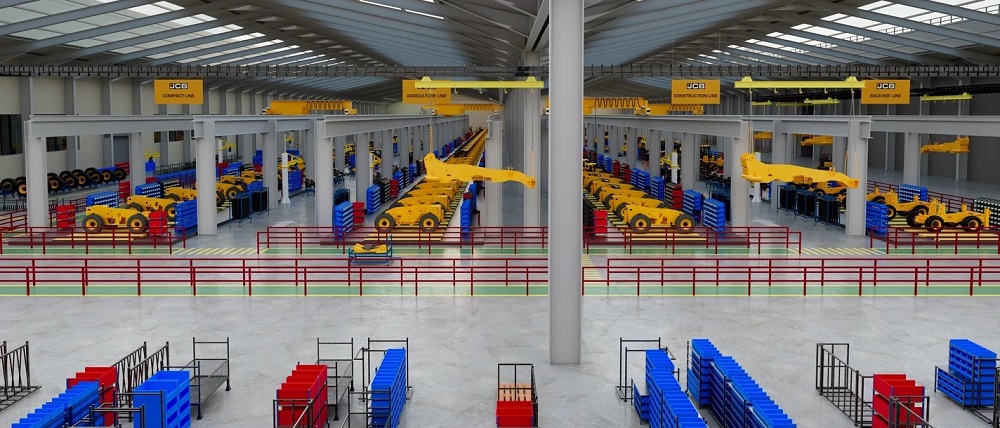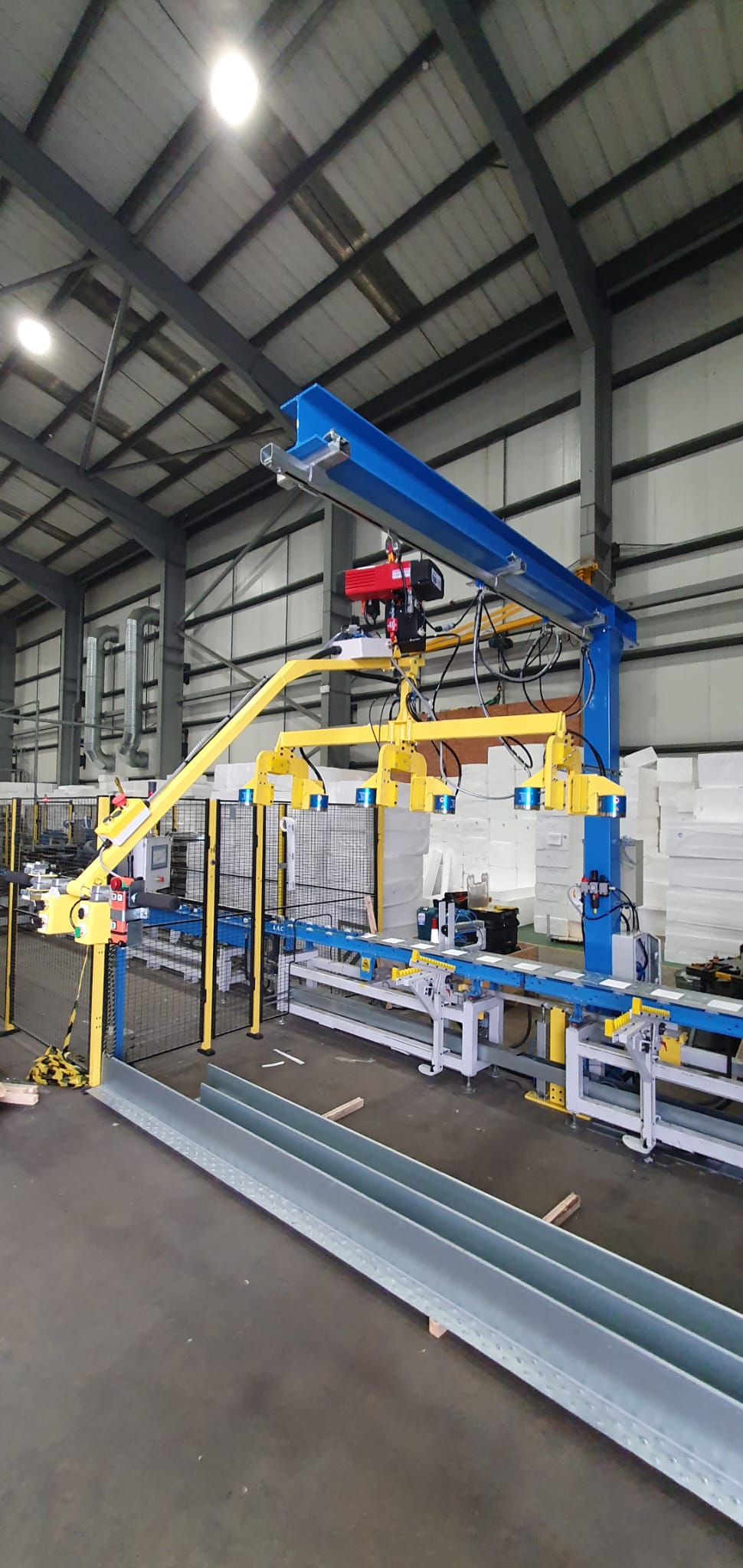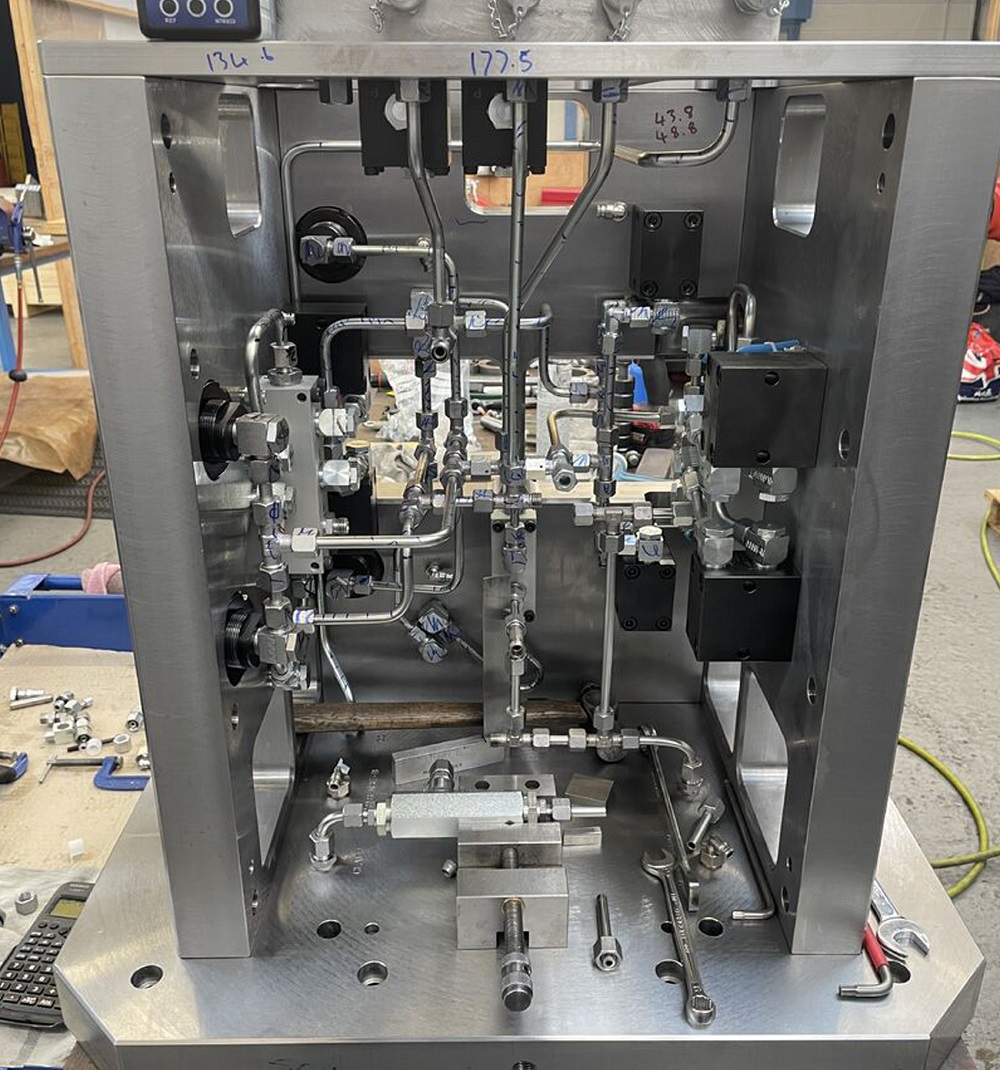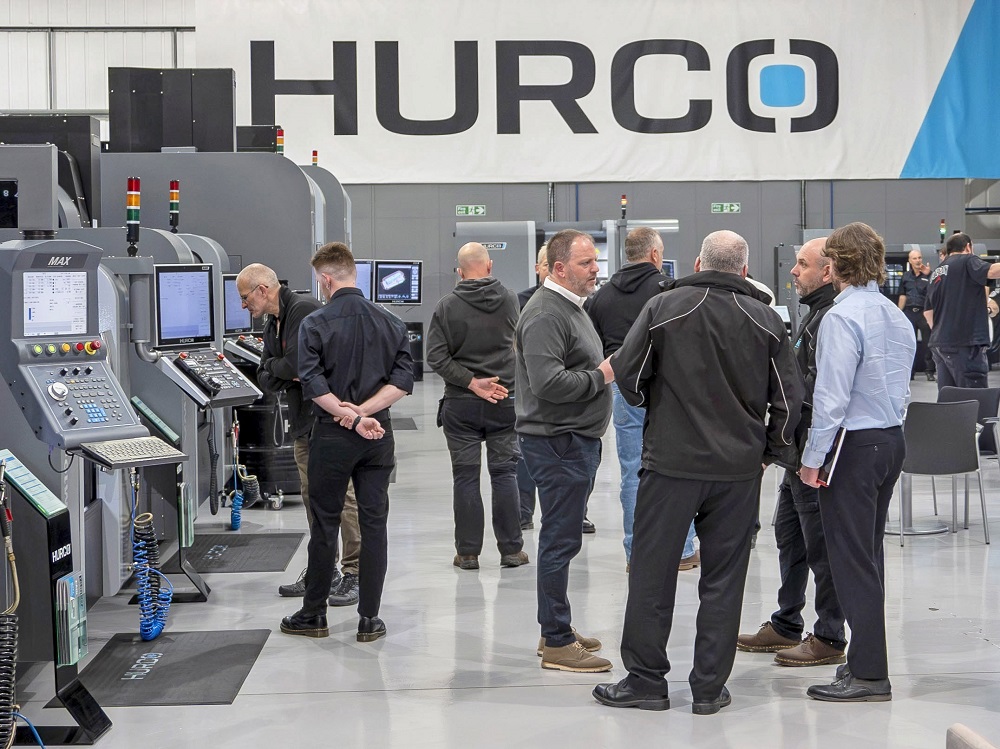A bespoke production equipment manufacturer has recently driven workplace safety and efficiency improvements by specifying Eclipse Magnetics’ Optimag P pneumatically activated lifting magnets into a new custom-built crane and gripper system.
Berkshire-based AOE Engineering is an expert in automated lifting and handling systems for a variety of industries. The company was recently approached by a leading lintel manufacturer to design and build a new crane, along with gripping and stacking system, for handling steel composite lintels weighing up to 90kg.
In order to safeguard employees, the client needed a system which replaced the manual handling process with an automated mechanical system. Additionally, due to restricted access, the customer required a lifting mechanism that only required single-face access to the lintels.
After consulting the Eclipse Magnetics technical team, Optimag P emerged as the outstanding choice for lift capability, efficiency and safety requirements. Incorporating a total of six 100mm diameter Optimag P magnets, the solution is delivering tangible results. Manual handling has been eliminated and theprocess now only requires a single operator instead of two. Notably, Optimag P only necessitates single-face access to the lintels, thereby overcoming the issue of restricted access.
David Ogden, operations director at AOE Engineering, says: “Specifying Optimag P has made a huge difference to this application, allowing us to provide our client with a safer, more efficient solution. As well as a high-quality product, we received a high-quality service in our consultations with the Eclipse Magnetics technical support team.”
More information www.eclipsemagnetics.com






